In Billy Crystal’s musical medley that opened the 1992 Oscars, he sang a tribute to Barbra Streisand’s romantic drama The Prince of Tides to the tune of “Don’t Rain on My Parade,” the song made famous, of course, by Barbra Streisand. He crooned: “Seven nominations on the shelf, did this film direct itself?” The audience burst into loud applause and the camera panned to Streisand who gave a nod of approval that seemed tinged with a note of disappointment.
Streisand’s film, which she directed and starred in, was indeed nominated for Best Picture and many other Oscars, but Streisand herself missed out on Best Director and the pain of being overlooked still lingered on her face.
I’ve seen Crystal’s “did this film direct itself” frame trotted out a lot today, ever since we learned that Greta Gerwig did not get a Best Director nod for Barbie, a movie that otherwise got eight nominations.
And it’s a snub that stings. The film about the journey to personhood of a plastic doll played by Margot Robbie was not only critically acclaimed, but was also the highest-grossing film worldwide of 2023. Plus, anyone watching can feel Gerwig’s specific directorial stamp on the final product — from the emotional core to the ingenious staging and use of practical effects. How can you recognize the film as one of the best of the year but not name Gerwig one of the best directors? Did this film direct itself?
Now, Crystal’s quip doesn’t fully align with the current situation. In the decades since he uttered those words, the Best Picture lineup has expanded from five nominees to 10, meaning Gerwig isn’t the only director to whom you could apply it. You could say the same thing about Past Lives’ Celine Song, for instance. This year marked the first time three Best Picture nominees have been directed by women, and only one of those directors also got a Best Director nom: Justine Triet of the blistering French courtroom drama, Anatomy of a Fall.
Truthfully, even with Gerwig’s absence, I find it hard to argue with the Best Director lineup. I think Martin Scorsese’s Killers of the Flower Moon is a stone-cold masterpiece and Christopher Nolan’s work in Oppenheimer is astounding. I’m a sucker for the weird worlds of Poor Things’ Yorgos Lanthimos, and I’m thrilled that something as formally daring as what Jonathan Glazer pulled off in The Zone of Interest is getting kudos from the Academy. (If you told me last year the director of Birth would be an Oscar sensation I would not have believed you, but I’m very pleased he is.)
And yet there’s something that nags about the fact that it seems like the directors branch rarely has it in their heart to have more than one woman in the same year grace the category. There has been only one time in Oscar history when two women were nominated at the same time: in 2021 — the year of the infamous Covid Oscars — both Nomadland’s Chloé Zhao, the eventual winner, and Promising Young Woman’s Emerald Fennell got in.
In the nearly 100 years the Oscars have existed, only three women have won for directing: Zhao, Kathryn Bigelow for The Hurt Locker, and Jane Campion for The Power of the Dog. With her nomination, Triet — who deserves all the credit in the world for maintaining the tension and mystery of Anatomy — became only the eighth woman to be nominated for a directorial achievement.
Now, Gerwig is already part of that very small club, having been nominated in 2018 for her solo directorial debut Lady Bird. But somehow she still seems undervalued. Little Women, which came out in 2019, was up for six Oscars including Best Picture, but, yet again, Gerwig was not a director candidate. And now there’s Barbie. While she and her co-writer/husband Noah Baumbach are in the running for Adapted Screenplay, her status as an auteur goes unrecognized.
So what was it? Was Barbie, like Little Women before it, seen as being too girly to be considered a serious directorial effort? Was it too pink? Or did Gerwig miss out because of general snobbishness about a movie fashioned around this kind of commercial intellectual property? Maybe it’s a combination of all of the above.
So what was it? Was Barbie, like Little Women before it, seen as being too girly to be considered a serious directorial effort? Was it too pink? Or did Gerwig miss out because of general snobbishness about a movie fashioned around this kind of commercial intellectual property? Maybe it’s a combination of all of the above.
Whatever it is, Gerwig’s second time missing out on Best Director for a Best Picture-nominated film — this one a massive, culture-defining hit — starts to make it seem like this sector of Hollywood is patronizingly telling her to sit down, take a seat, and be happy with her success. Like Barbra, it feels like her celebrity is considered the prize and not her actual work.
But I have to go back to 1992 once again. The problem with the Oscars — and I write that as someone who loves following them deeply — is that diversity always feels like a trade-off. One of the things you might forget about that ceremony is that while Streisand wasn’t nominated for Best Director, John Singleton was for Boyz n the Hood, which conversely was not included in the Best Picture lineup. Singleton became the first Black director ever nominated. To this day, there have only been six Black directors ever recognized in the category. None have won.
This is not to say that Streisand or Gerwig didn’t deserve the Best Director nominations they were not awarded, but that this is a flawed, unfair system that’s still pulling itself out of decades of ignoring artists who didn’t fit a white male mode. The fact that it feels like there can only be one woman in Best Director is just more proof of that.
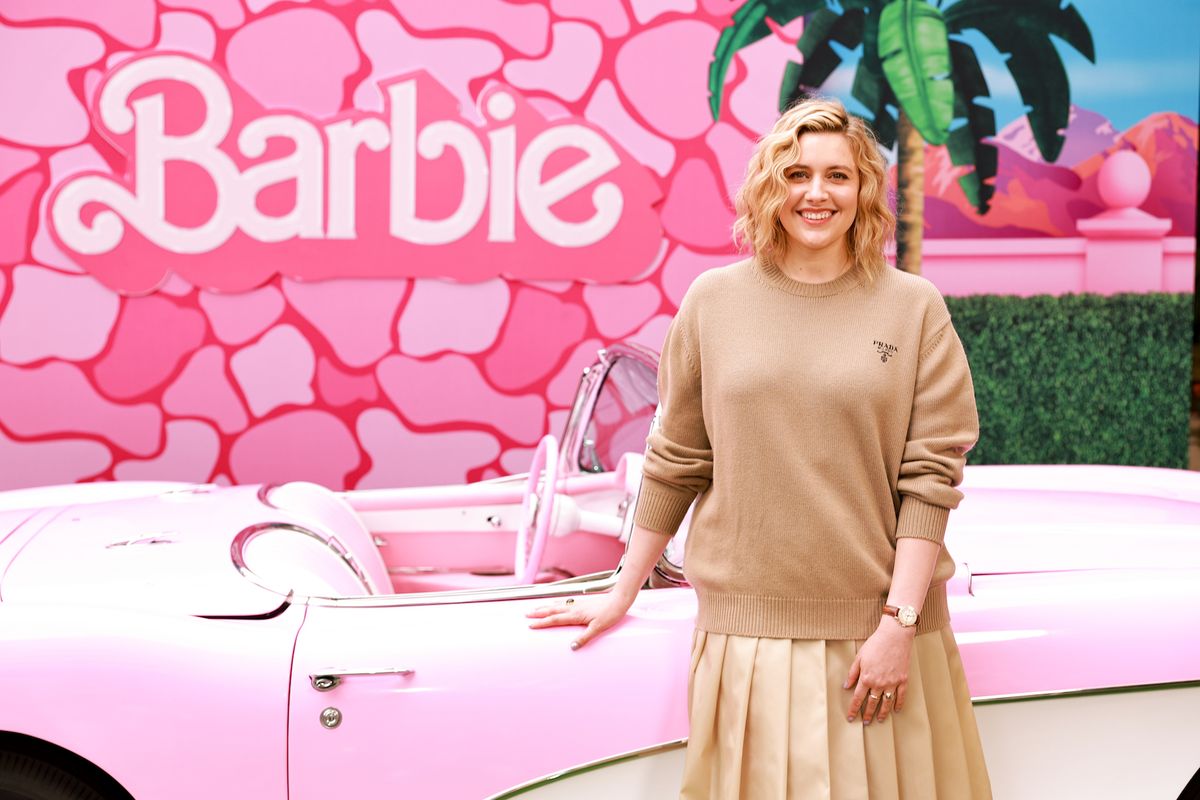






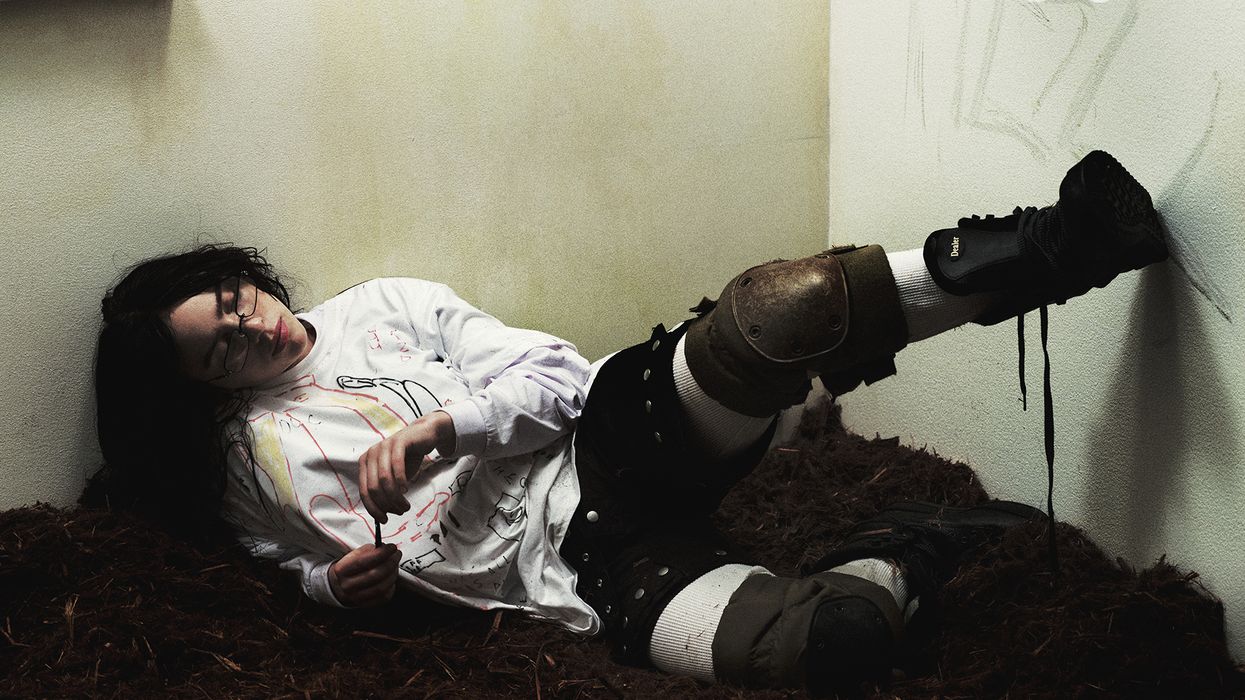

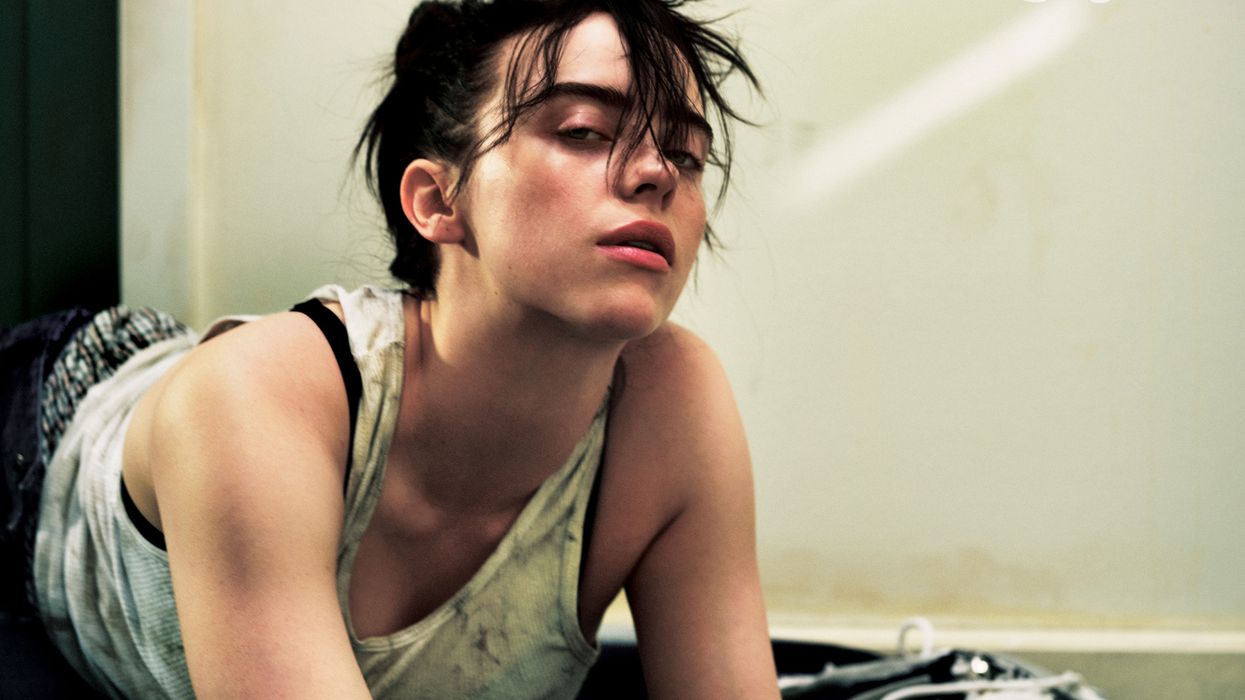
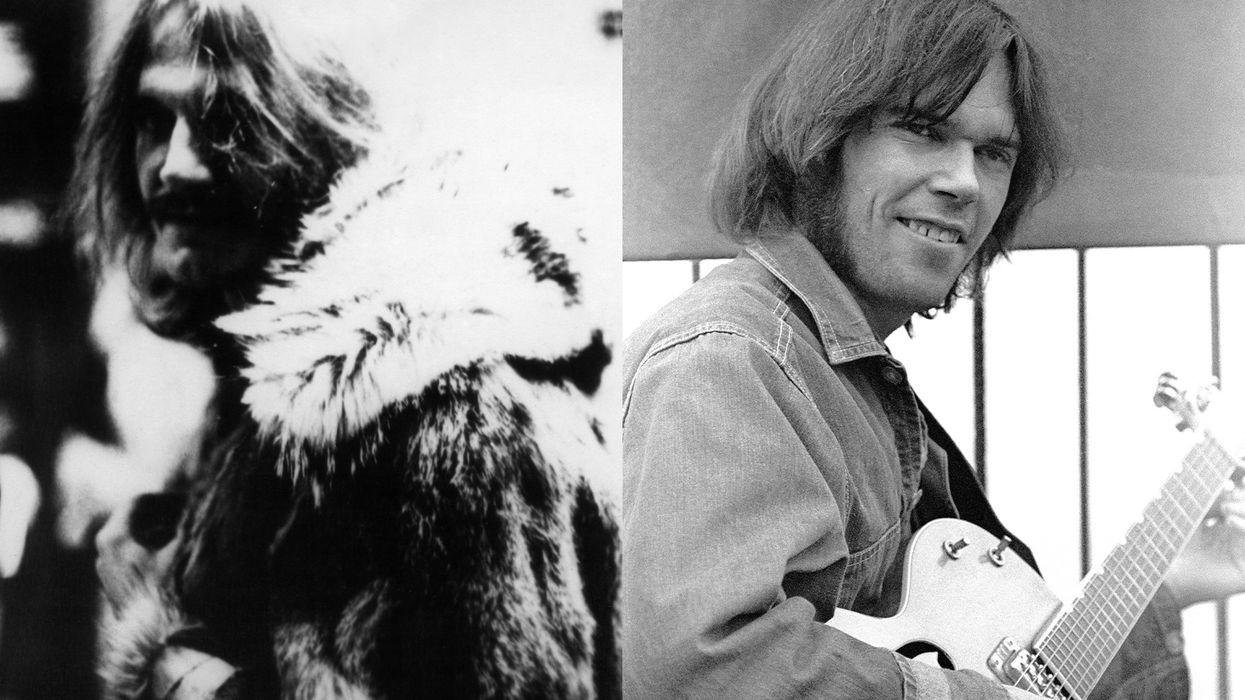
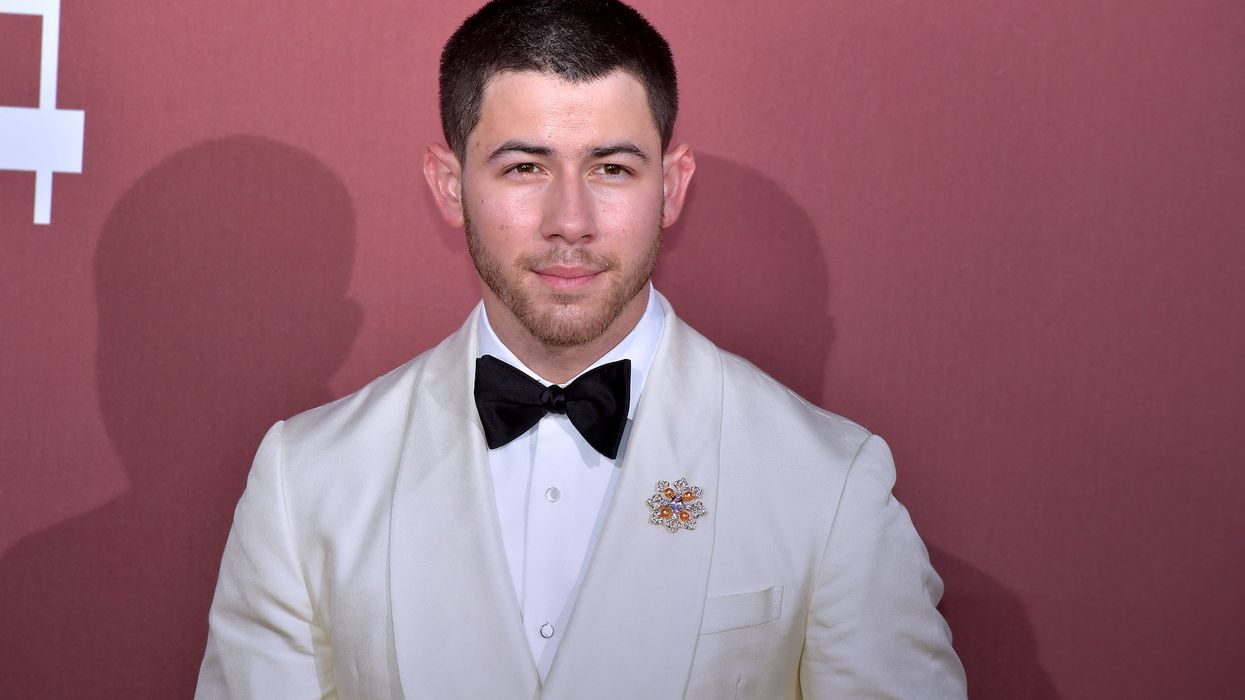

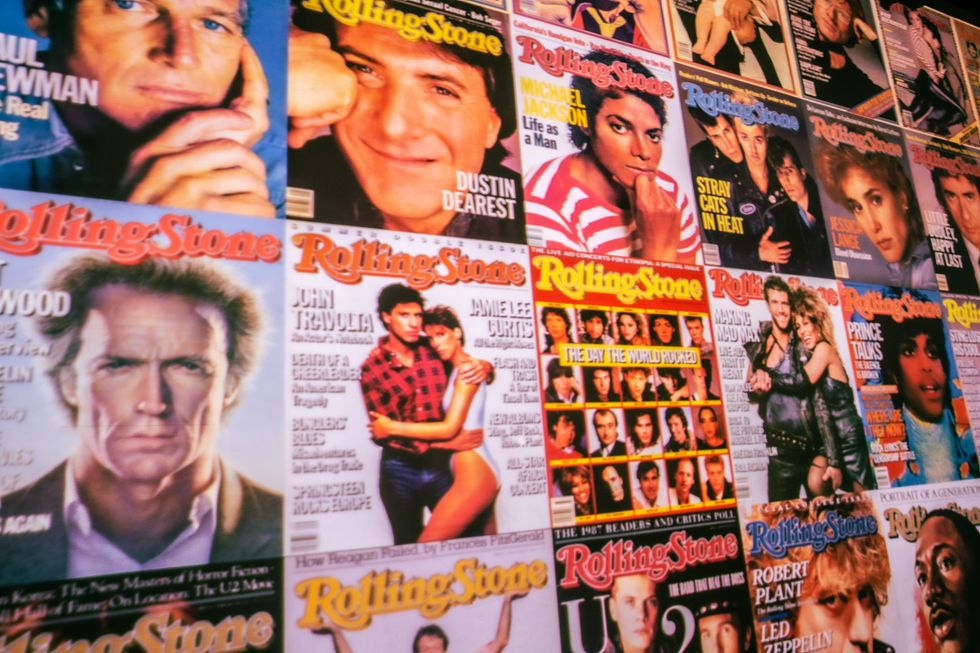
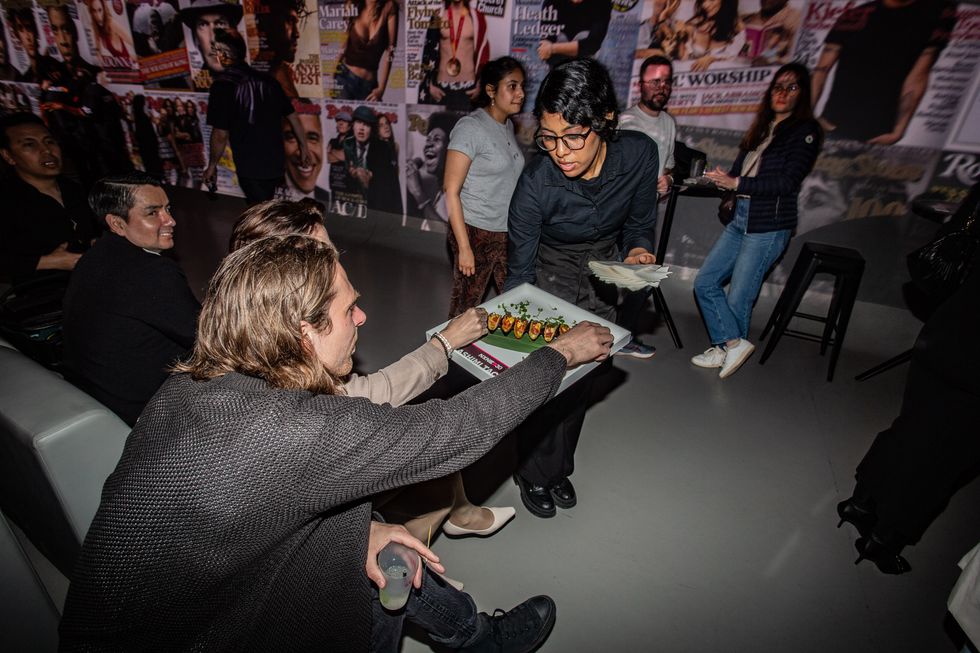 Catering Presented By The Food DudesPhoto by Snapdrg0n
Catering Presented By The Food DudesPhoto by Snapdrg0n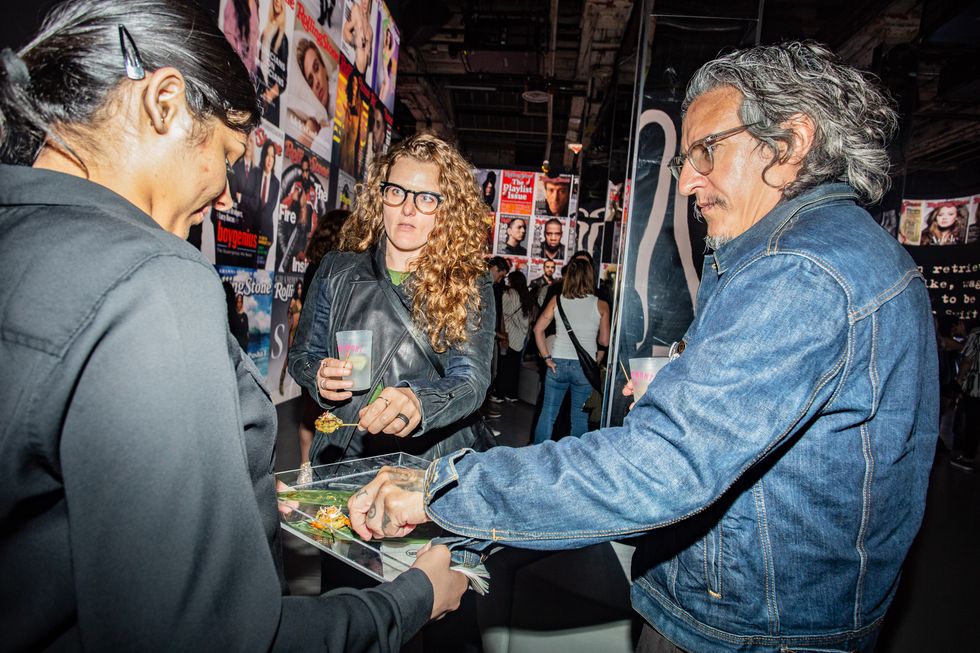 Catering Presented By The Food DudesPhoto by Snapdrg0n
Catering Presented By The Food DudesPhoto by Snapdrg0n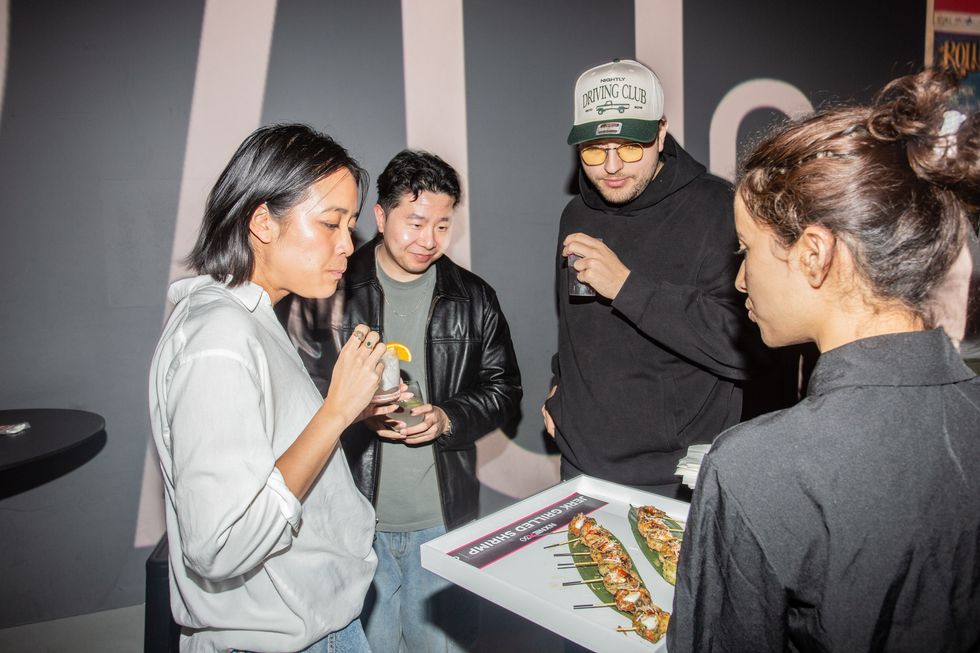 Catering Presented By The Food DudesPhoto by Snapdrg0n
Catering Presented By The Food DudesPhoto by Snapdrg0n
 Photographer: Raphaëlle Sohier / Executive production: Elizabeth Crisante & Amanda Dorenberg / Design: Alex Filipas / Post-production: Bryan Egan/ Headpiece: Tristan Réhel
Photographer: Raphaëlle Sohier / Executive production: Elizabeth Crisante & Amanda Dorenberg / Design: Alex Filipas / Post-production: Bryan Egan/ Headpiece: Tristan Réhel Photo: Raphaëlle Sohier
Photo: Raphaëlle Sohier Photo: Raphaëlle Sohier/ Photo production: Bryan Egan/ Blazer:
Photo: Raphaëlle Sohier/ Photo production: Bryan Egan/ Blazer:  Photo: Raphaëlle Sohier/ Blazer: Vivienne Westwood/ Skirt :
Photo: Raphaëlle Sohier/ Blazer: Vivienne Westwood/ Skirt : 

